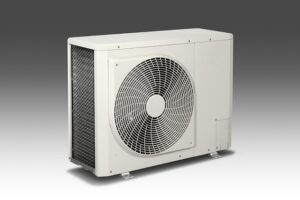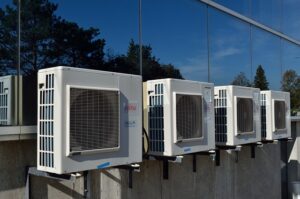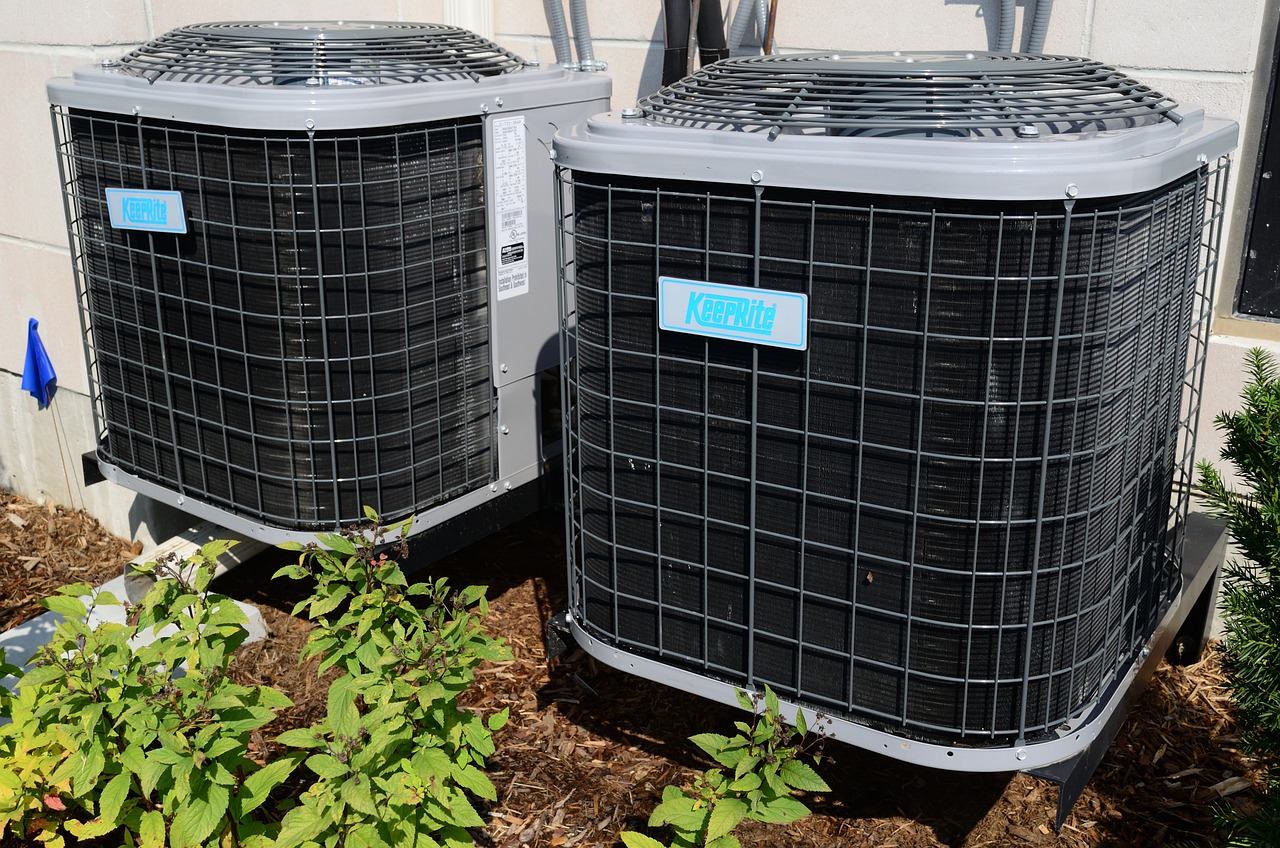Choosing the right HVAC unit for your home replacement is vital for maintaining a comfortable living environment and maximizing energy efficiency. With various types of HVAC units available on the market, it’s important to understand their differences and benefits. In this article, we will explore four common types of HVAC units: central air conditioners, heat pumps, ductless mini-split systems, and geothermal systems. If you need an ac repair Summerville SC, and nearby areas, you can visit this site to access professional services to meet your needs.
Central Air Conditioners
 Central air conditioners are the most commonly used HVAC units for cooling purposes in residential settings. These systems consist of an outdoor unit and an indoor evaporator coil connected to a network of air ducts. They work by extracting warm air from inside the house, cooling it through the outdoor unit, and then distributing the cooled air back inside through the ductwork. Central air conditioners provide even cooling throughout the entire house and are suitable for larger homes with existing ductwork.
Central air conditioners are the most commonly used HVAC units for cooling purposes in residential settings. These systems consist of an outdoor unit and an indoor evaporator coil connected to a network of air ducts. They work by extracting warm air from inside the house, cooling it through the outdoor unit, and then distributing the cooled air back inside through the ductwork. Central air conditioners provide even cooling throughout the entire house and are suitable for larger homes with existing ductwork.
Heat Pumps
Heat pumps are versatile HVAC units that can both cool and heat your home. They work similarly to central air conditioners but with the ability to reverse the refrigeration cycle to provide heating during colder months. Heat pumps are energy-efficient alternatives to traditional heating systems, as they move heat rather than generate it. However, their effectiveness may vary in extremely cold climates.
Ductless Mini-Split Systems
Ductless mini-split systems consist of an outdoor compressor unit and one or multiple indoor air handlers that can be mounted on walls or ceilings. These units are connected by refrigerant lines rather than ductwork. Ductless systems offer zoning capabilities, allowing different areas of the house to be independently controlled for personalized comfort and energy savings. They are ideal for homes with limited space or those without existing ductwork. Additionally, ductless systems often have higher energy efficiency ratings compared to central air conditioners.
Geothermal Systems
 Geothermal systems utilize the constant temperature below the Earth’s surface to provide both heating and cooling. These systems circulate water or refrigerant through underground pipes called loops, extracting heat during the winter and dissipating heat during the summer. Geothermal systems are highly efficient and environmentally friendly, as they rely on renewable geothermal energy.
Geothermal systems utilize the constant temperature below the Earth’s surface to provide both heating and cooling. These systems circulate water or refrigerant through underground pipes called loops, extracting heat during the winter and dissipating heat during the summer. Geothermal systems are highly efficient and environmentally friendly, as they rely on renewable geothermal energy.
When it comes to HVAC unit replacements, understanding the different types available is crucial to ensure optimal comfort and energy efficiency in your home. Central air conditioners offer whole-house cooling through ducted systems, while heat pumps provide both cooling and heating capabilities.

